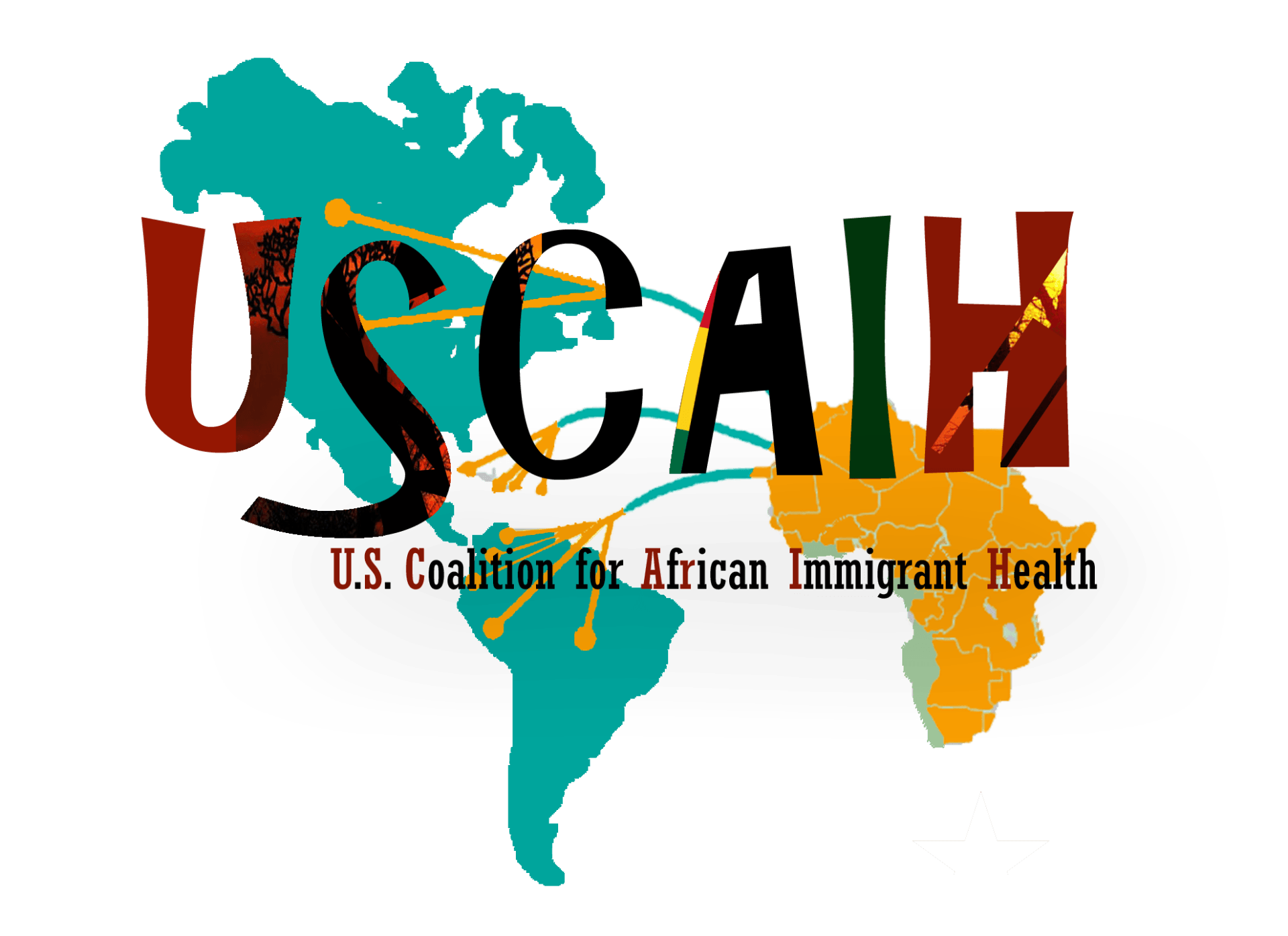Understanding the Health Profile of our African Diaspora Communities
Write down an introduction title here
This is the text area for this paragraph. To change it, simply click and start typing. Once you've added your content, you can customize its design.
Featured Publication
May 24, 2022
Johns Hopkins cardiologist Stacy Fisher and cardiovascular nurse epidemiologist Dr. Yvonne Commodore-Mensah discuss the importance of physicians building trust with their patients, the barriers that can block that trust and the significant impact on patient care.
Facts on Hepatitis B



Hepatitis B Resources
- Coalition against Hepatitis in People of African Origin (CHIPO) NYC - Hep Free NYC
- Hepatitis B Foundation - NORD (National Organization for Rare Disorders) (rarediseases.org)
- Screening for Viral Hepatitis During the Domestic Medical Examination of Newly Arrived Refugees | Immigrant and Refugee Health | CDC
- Understanding Hep B | Official Patient Site (vemlidy.com)
- Official Site for RECOMBIVAX HB® [Hepatitis B Vaccine (Recombinant)] (merckvaccines.com)
- Viral Hepatitis Federal Implementation Plan for the United States (2021-2025) (hhs.gov
- What is Hepatitis B - FAQ | CDC
- Hepatitis B Vaccination of Infants - Adolescents | CDC
- The NIH Hepatitis B Cure Strategic Plan Working Group
- Hepatitis B: Screening, Prevention, Diagnosis, and Treatment (aafp.org)
Facts on TB and HIV
What is known about HIV/AIDS, Viral Hepatitis, and TB among African Immigrants?
AIs have lower rates of HIV infection than AAs, but rates of infection and mortality are increasing8. In a study conducted in Minneapolis, MN, 30% of the newly diagnosed patients were AIs; they were present at later stages of the disease and had less knowledge about HIV13. In Maryland, 2,914 of the 30,566 persons living with diagnosed HIV through 2017 were foreign-born. African-born residents account for 6.0% of the total persons living with HIV and 62.7% of the foreign-born cases. African-born persons living with HIV were born in 39 countries, with the largest numbers born in Cameroon (26.5%), Ethiopia (16.1%), Nigeria (12.5%), and Kenya (6.5%).
Current Research Participation Opportunities
The goal of the BSHAPE health and safety study is to empower African women to make informed decisions about their health, relationships, and safety.
With the flip of a coin, some women may have the opportunity to participate in the BSHAPE group health program. The BSHAPE program will
- Educate women on their health-related issues
- Connect them to resources based on their priorities and needs
- Train them on accessing employment opportunities
- Provide education on their rights
- Build their communication skills, and
- Train them in mindfulness practices to reduce stress and further foster empowerment.
Taken from: https://msurvey.nursing.jhu.edu/bshape/web/home.php
Please click on the link for additional details.






